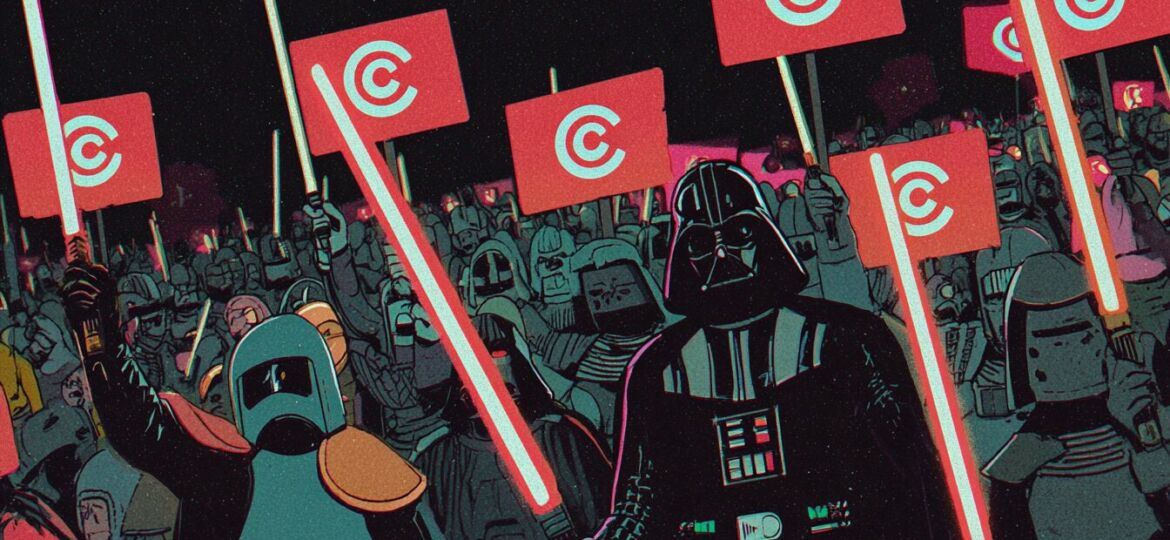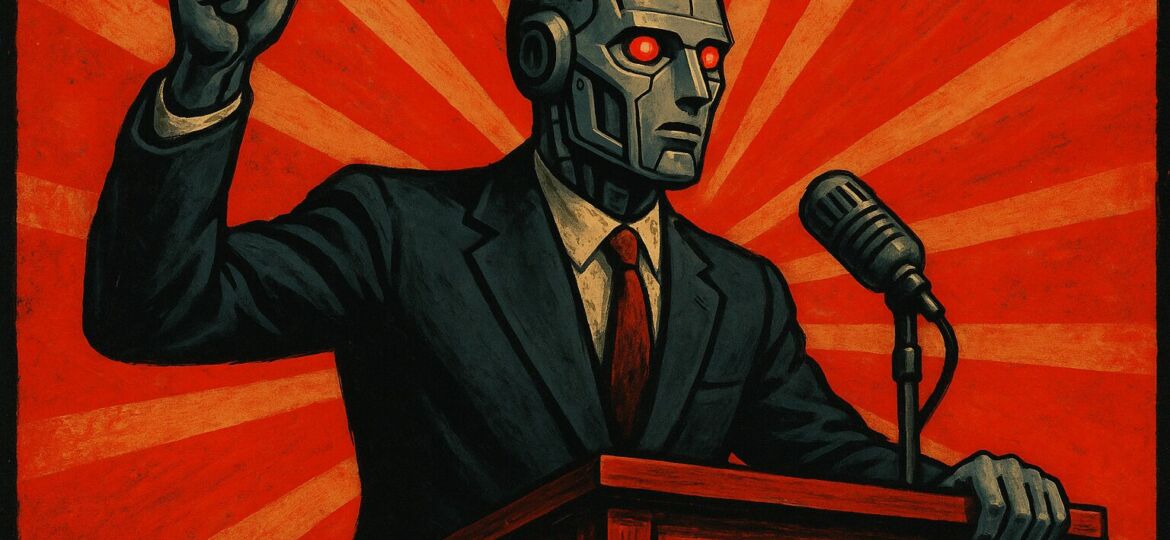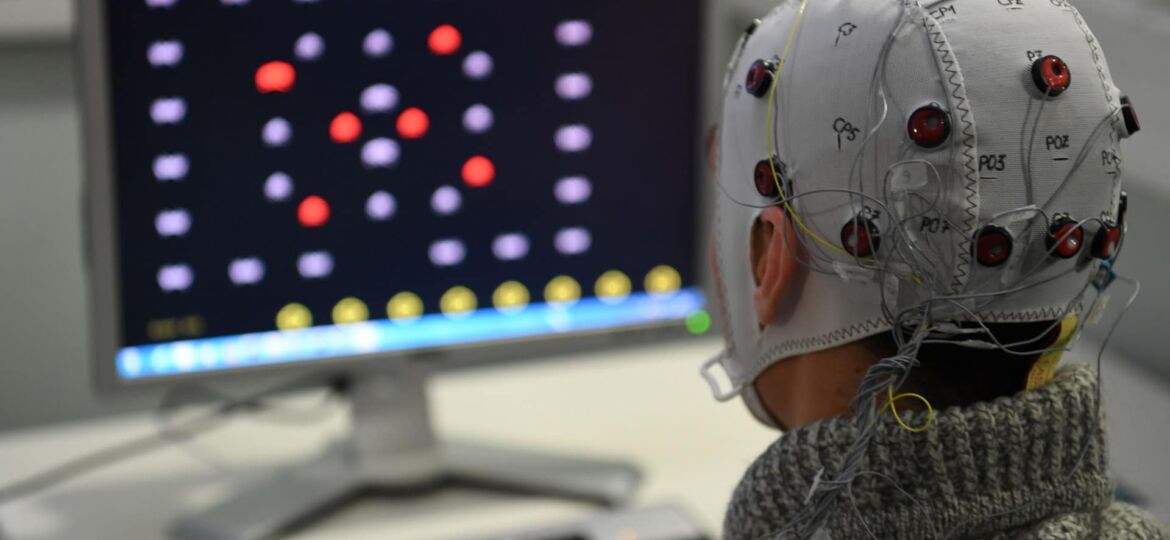The evolution of neural networks and machine learning algorithms is profoundly transforming the architectural landscape, turning design practice into a dynamic and ever-expanding research field. In this context, cutting-edge laboratories are emerging, exploring innovative applications of these technological tools and laying the conceptual foundations for a new frontier in design: “data-driven architecture.”
The relationship between nature and form has always been an inexhaustible source of inspiration for design. Technological innovations, particularly computational tools, now offer new possibilities to investigate, interpret, and translate natural processes into design solutions. This interview explores how the scientific observation of nature can generate unprecedented formal outcomes, even in unconventional fields such as gastronomy.
LA RIVOLUZIONE ALGORITMICA A critical and philosophical look at artificial intelligence and its influence on society, culture and art. La…
B(IA)S New technologies are changing our world forever. The question is: for the better or for the worse?What are the…
In the machinima YESTERDAY WAS MY BIRTHDAY SO I ASKED FOR LEGS TO RUN AWAY (2024) by Yannis Mohand Briki,…
“An incarnation of my hatred shall ever follow your kind, dooming them to wander a blood-soaked sea of darkness for…
LA RIVOLUZIONE ALGORITMICA A critical and philosophical look at artificial intelligence and its influence on society, culture and art. La…
B(IA)S New technologies are changing our world forever. The question is: for the better or for the worse? What are…
In China, a team of researchers has unveiled the first bidirectional brain-computer interface (BCI) capable of “learning” alongside the human…
Lushfoil Photography Sim by Matt Newell is a video game (or rather, a video toy) focused on exploring environments and…


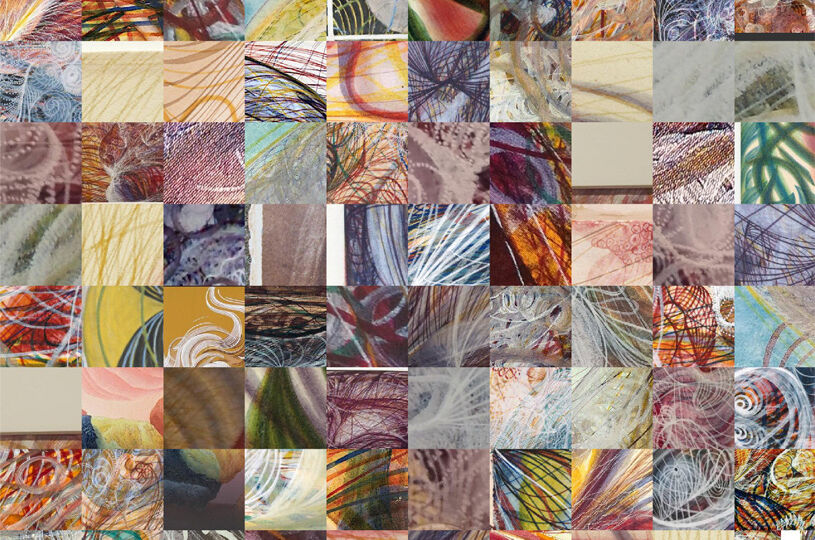

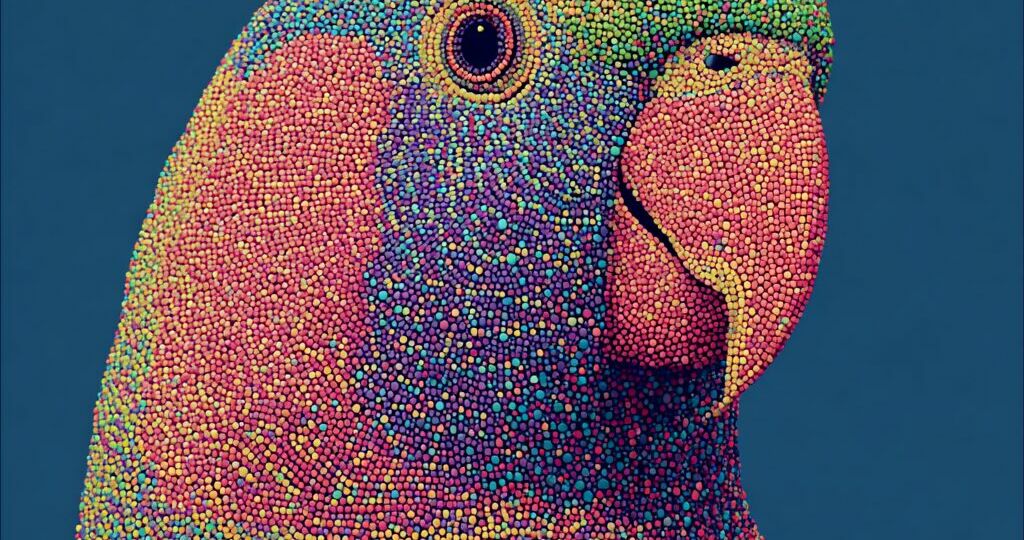

![YESTERDAY WAS MY BIRTHDAY SO I ASKED FOR LEGS TO RUN AWAY (Yannis Mohand Briki, 2024) [3]](https://www.the-bunker.it/wp-content/uploads/2025/06/YESTERDAY-WAS-MY-BIRTHDAY-SO-I-ASKED-FOR-LEGS-TO-RUN-AWAY-Yannis-Mohand-Briki-2024-3-thegem-blog-default-large.jpg)
![The Topologies of Zelda Triforce (Patrick LeMieux, Stephanie Boluk, 2018) [image from itchio]](https://www.the-bunker.it/wp-content/uploads/2025/06/The-Topologies-of-Zelda-Triforce-Patrick-LeMieux-Stephanie-Boluk-2018-image-from-itchio-thegem-blog-default-large.jpg)
